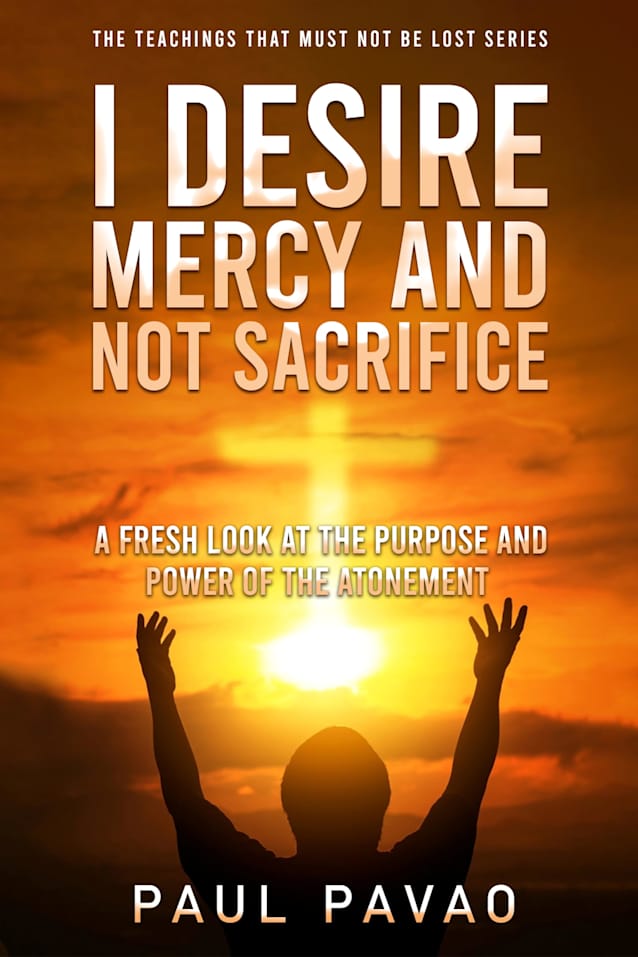I Desire Mercy and Not Sacrifice: The Purpose and Power of the Atonement (Teachings That Must Not Be Lost)
About
Jesus quoted Hosea in saying, “I desire mercy and not sacrifice.” The prophet Samuel similarly told King Saul, “To obey is better than sacrifice. In fact, an attentive read through the Old Testament will show that there are a lot of things better than sacrifice.
What was the role of Old Testament sacrifices? How does that affect our understanding of Jesus’ sacrifice on the cross?
Pavao forces us to look at verses we gloss over because they contradict our understanding of the purpose of the Jewish sacrificial system. Have you ever considered that God once said:
I didn’t speak to your fathers or command them in the day that I brought them out of the land of Egypt concerning burnt offerings or sacrifices; but this thing I commanded them, saying, “Listen to my voice, and I will be your God, and you shall be my people. Walk in all the way that I command you, that it may be well with you.” (Jer. 7:22-23, WEB)
More well known is Psalm 51:16-17:
For you don’t delight in sacrifice, or else I would give it. You have no pleasure in burnt offering. The sacrifices of God are a broken spirit. O God, you will not despise a broken and contrite heart.
These two passages barely touch the surface of God’s disinterest in sacrifices, at least according to the Jewish prophets. If we don’t understand that disinterest, we can miss the most foundational purpose of the sacrifice of God’s Son.
